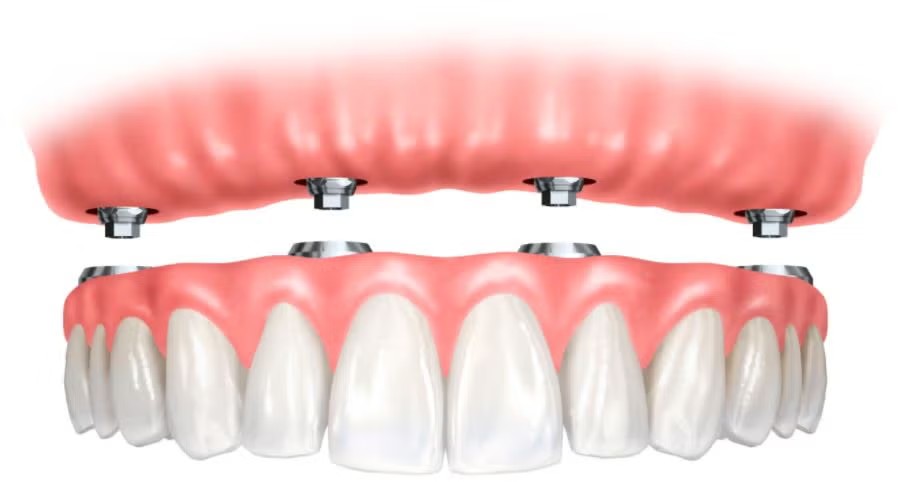Periodontal Disease and Pregnancy: What Expectant Mothers Need to Know

As an expectant mother, you’re likely focused on maintaining a healthy pregnancy and ensuring the well-being of your baby. However, it’s essential to remember that your oral health plays a critical role in your overall health and that of your unborn child. Periodontal disease, a common condition characterized by inflammation and infection of the gums, can have serious consequences for pregnant women, including preterm labor and low birth weight. Our skilled dentist in Mississauga Ontario, is dedicated to providing expectant mothers with the knowledge and care they need to maintain good oral health during pregnancy.
In this article, we’ll explore the link between periodontal disease and pregnancy, and provide valuable information for expectant mothers.
What is The Prevalence of Periodontal Disease During Pregnancy?
Periodontal disease is a widespread condition that affects millions of people worldwide. During pregnancy, hormonal changes and increased blood flow can exacerbate existing periodontal disease or make women more susceptible to developing the condition. Studies have shown that up to 50% of pregnant women experience some form of periodontal disease.
What Are The Risks of Periodontal Disease During Pregnancy?
Periodontal disease can have serious consequences for pregnant women, including:
- Preterm Labor: Studies have shown that women with periodontal disease are at a higher risk of preterm labor.
- Low Birth Weight: Babies born to mothers with periodontal disease are more likely to have low birth weight.
- Pregnancy Complications: Periodontal disease has been linked to an increased risk of pregnancy complications, such as preeclampsia and gestational diabetes.
- Transmission of Bacteria: Research suggests that bacteria from periodontal disease can be transmitted from mother to baby during pregnancy, potentially leading to infections and other health issues.
How to Prevent and Manage Periodontal Disease During Pregnancy?
While periodontal disease can be a serious condition, there are steps you can take to prevent and manage it during pregnancy:
- Practice Good Oral Hygiene: Brush your teeth at least twice a day with fluoride toothpaste and clean between your teeth once a day with floss or an interdental cleaner.
- Visit Your Dentist Regularly: Schedule regular dental check-ups to monitor your oral health and catch any potential issues early.
- Maintain a Healthy Diet: Eat a balanced diet rich in fruits, vegetables, and whole grains to support your overall health and oral health.
- Avoid Sugary and Acidic Foods: Limit your consumption of sugary and acidic foods, which can contribute to tooth decay and erosion.
What Are The Treatment Options for Periodontal Disease During Pregnancy?
During pregnancy, it’s essential to manage periodontal disease to prevent complications for both the mother and the baby. Here are some treatment options for periodontal disease during pregnancy:
Non-Surgical Treatments
- Deep Cleaning (Scaling and Root Planing): A deep cleaning procedure to remove plaque and tartar from below the gumline.
- Antibiotics: Antibiotics may be prescribed to treat any underlying infections.
- Pregnancy-Safe Mouthwashes: Mouthwashes that are safe for use during pregnancy can help reduce bacteria and inflammation.

Surgical Treatments
- Gingivectomy: A surgical procedure to remove excess gum tissue and reduce pocket depth.
- Gingivoplasty: A surgical procedure to reshape and recontour the gums.
- Bone Grafting: A surgical procedure to rebuild lost bone tissue.
Alternative Treatments
- Laser Therapy: Laser therapy can help reduce inflammation and promote healing.
- Platelet-Rich Plasma (PRP) Therapy: PRP therapy involves using the patient’s platelets to stimulate healing and tissue regeneration.
Precautions and Considerations
- First Trimester: Elective dental treatments are usually postponed during the first trimester due to the risk of miscarriage.
- Second and Third Trimesters: Dental treatments can be performed during the second and third trimesters but with caution and careful planning.
- Emergency Treatments: Emergency dental treatments, such as treating an abscess or infection, can be performed at any stage of pregnancy.
Remember to practice good oral hygiene, visit your dentist regularly, and maintain a healthy diet to support your overall health and oral health.










